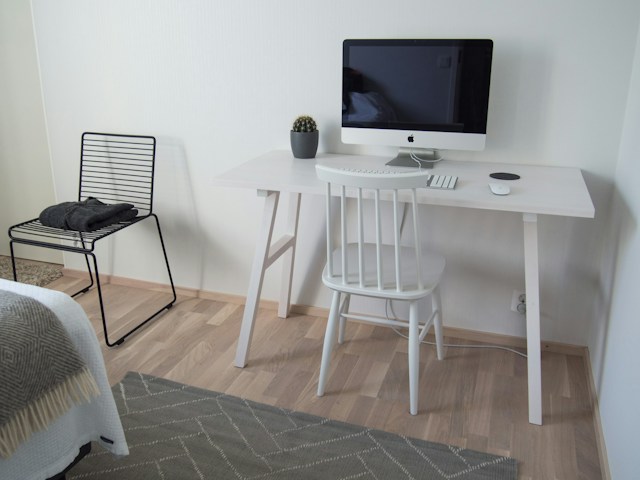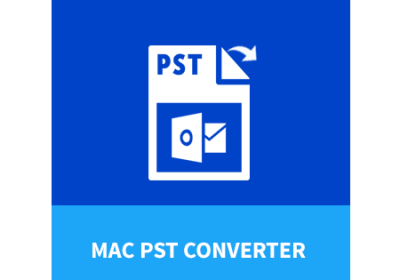Essential Custom Office Furniture TypesThat Fits Every Work Style
Overview
- Category: Industry Machinery & Tools
Description
Today, every business is deeply concerned about its employees’ health and the impact it has on productivity. In this article, we’ll explore essential custom office furniture types that cater to various work styles while also promoting employee well-being and overall efficiency. From ergonomic chairs to adjustable desks and smart storage solutions, we’ll guide you through the world of custom office furniture designed to meet these crucial workplace needs.
- Desks:
Executive desks, with their spacious work surfaces and double-pedestal designs, create an aura of authority and sophistication for top-level executives. Managerial desks, featuring extended tables and ample storage, cater to the needs of managers and supervisors, facilitating efficient organization and task management. Secretary desks, designed for focused work, offer a blend of cubbies and storage options, enabling multitasking professionals to stay organized while working seamlessly.
- Chairs:
Ergonomic chairs are not just ordinary seats; they are a cornerstone of employee well-being and productivity. Their adjustable features, including height, armrests, and seat depth, empower individuals to customize their seating position, promoting proper posture and reducing the risk of musculoskeletal issues such as back and neck pain.
Furthermore, the inclusion of lumbar support in ergonomic chairs provides crucial lower back support, alleviating discomfort and preventing long-term health issues. The use of breathable materials ensures comfort during extended work hours, preventing overheating and discomfort.
Ergonomic chairs are an investment in employee health, allowing them to stay focused and comfortable even during demanding and lengthy workdays. By prioritizing the well-being and comfort of employees, organizations can significantly enhance productivity, reduce absenteeism, and create a more conducive and supportive work environment.
- File cabinets:
They play a pivotal role in maintaining a well-organized office environment. Their structured storage solutions not only safeguard important documents but also enable employees to retrieve them swiftly, enhancing overall efficiency.
The ability to keep the workspace free from clutter is a game-changer, reducing distractions and stress levels while promoting a more focused and productive atmosphere. In essence, file cabinets are the silent facilitators of seamless workflow, ensuring that critical information is readily accessible and contributing to the overall harmony of the workplace.
- Bookcases:
Bookcases are more than just decorative elements; they are essential tools for maintaining an organized and efficient workspace. Their versatility extends to accommodating not only books but also files, binders, and even decorative items, making them multifunctional storage units.
The systematic organization that bookcases offer ensures that important materials are easily accessible, reducing the time spent searching for documents or references. This fosters a sense of order and professionalism within the office, contributing to smoother workflows and increased productivity.
Moreover, the presence of well-arranged bookcases enhances the overall ambiance of the workspace. They add a touch of sophistication and sophistication while serving as a visual representation of an organized and efficient office environment, leaving a lasting impression on both employees and visitors alike.
- Reception Furniture:
Reception areas serve as the initial touchpoint for clients, partners, and visitors, making them a crucial element of your company’s image. The choice of reception furniture goes beyond aesthetics; it’s a reflection of your company’s values and commitment to excellence.
Comfortable seating in the reception area ensures that guests feel valued and at ease while they wait, enhancing their overall experience. Stylish reception desks not only convey professionalism but also provide a functional space for administrative tasks and interactions.
The positive first impression created by well-chosen reception furniture sets the tone for successful interactions and fosters a sense of trust and reliability. It communicates that your organization cares about the comfort and satisfaction of its visitors, reinforcing a positive brand image that can leave a lasting impact on clients and partners.
- Conference Tables:
The choice of conference tables is not just about aesthetics; it profoundly influences the dynamics of meetings and collaboration within an office. Boardroom tables, with their formal and imposing presence, create an atmosphere conducive to important decision-making processes. The sleek and elegant design of these tables often sets the tone for serious discussions.
On the other hand, versatile tables in collaborative spaces offer flexibility, adaptability, and a more casual ambiance. They encourage brainstorming sessions, group discussions, and creative problem-solving, fostering a sense of inclusivity and innovation within the team.
Investing in the right conference table, whether it’s a classic boardroom design or a contemporary collaborative table, reflects a commitment to effective communication and teamwork, which are essential for any office striving for productivity and success. The table becomes more than just a piece of furniture; it becomes a catalyst for meaningful interactions and shared achievements.
- Cubicles:
Cubicles have undergone a significant transformation to cater to the evolving needs of the modern workplace. Originally designed for privacy and individual work, they have now evolved to strike a balance between personal space and collaboration within open office layouts.
Modern cubicles are designed with versatility in mind, accommodating various work styles and preferences. They often feature low walls or glass partitions that maintain a sense of openness while providing employees with a degree of privacy to focus on tasks. This flexibility allows employees to choose when to work independently and when to engage in collaborative endeavors.
Furthermore, these contemporary cubicles maximize space utilization, efficiently utilizing the available office real estate. They often come equipped with integrated technology and ergonomic furniture, making them adaptable to different tasks and accommodating the needs of a diverse workforce.
By offering a blend of privacy and collaboration, modern cubicles create a flexible and productive work environment. Employees can switch between focused work and group activities seamlessly, contributing to a dynamic and efficient workplace that caters to both individual needs and team projects. Thus, they play a crucial role in enhancing productivity and adaptability within the contemporary office landscape.
- Lighting:
Proper lighting is not just about visibility; it directly affects the physical and mental well-being of employees. Well-lit spaces minimize eye strain, reducing discomfort and potential health issues associated with poor lighting. Additionally, adequate lighting contributes to a brighter mood, fostering a more positive and motivating atmosphere for employees.
Furthermore, lighting can have a significant impact on concentration and focus. A carefully designed lighting scheme, incorporating natural light sources and adjustable fixtures, allows employees to adapt the lighting to their specific tasks and preferences. This flexibility enhances productivity and creates a comfortable and energizing workspace, ultimately leading to improved job satisfaction and overall well-being among staff members.
Wrapping Up
Selecting the right custom office furniture is vital to create a productive and comfortable workspace. Each type of furniture serves a specific purpose in enhancing organization, functionality, and aesthetics within the office environment. Investing in ergonomic chairs, organized storage solutions, and suitable reception and conference furniture can significantly impact employee well-being and overall business success. Additionally, proper lighting is a fundamental aspect of office design that should not be overlooked, as it can greatly influence both productivity and the overall atmosphere of the workspace.








Leave feedback about this
You must be logged in to post a review.